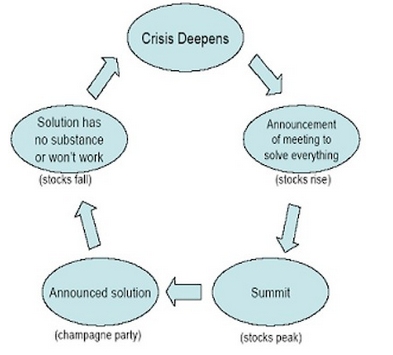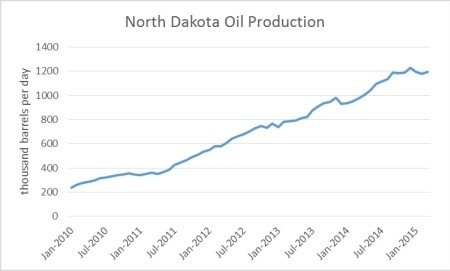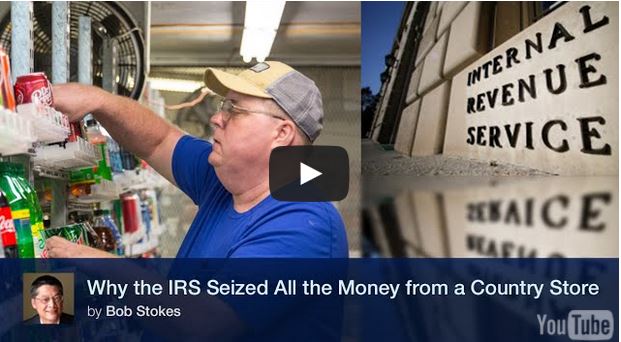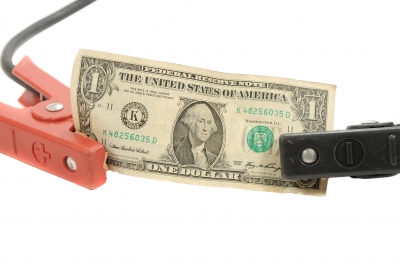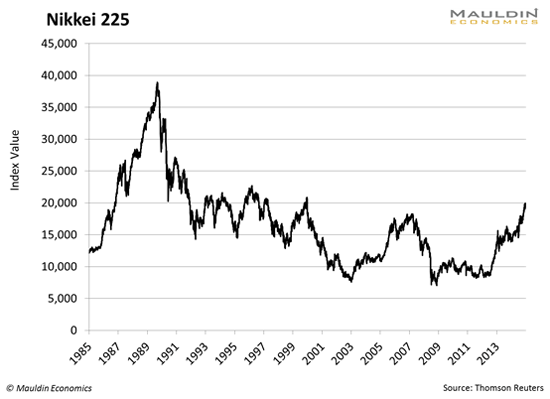Greece Should “Shoot the Dog and Sell the Farm”
The bell is tolling for Alexis [Tsipras]. European leaders from all sides have abandoned him as he burns through every last bridge that was once in place. His only meeting of importance during this crucial week of negotiation is with Putin – which clearly does not inspire any confidence for a near-term resolution.
It is actually amazing that we have not seen any of the left-leaning party leaders from the rest of Europe running to Tsipras’ side as he truculently engages his paymasters. Where are all these European anti-austarians? Of course they are hiding from the Germans, hoping not to receive the same fate as Alexis. So there he sits, alone and under his last Soviet-held bridge, just like Hemingway’s Robert Jordan. He is waiting to cause just a little more damage before his time is up.
In the end, there is no question that the Germans have executed a near flawless plan to humiliate and vilify Greece. The Greeks now stand as poster children for European profligacy. And they are being paraded through every town square in the EU, in shackles, as the bell tolls near the gallows for their leader.
Greece Should “Shoot the Dog and Sell the Farm” Read More »

